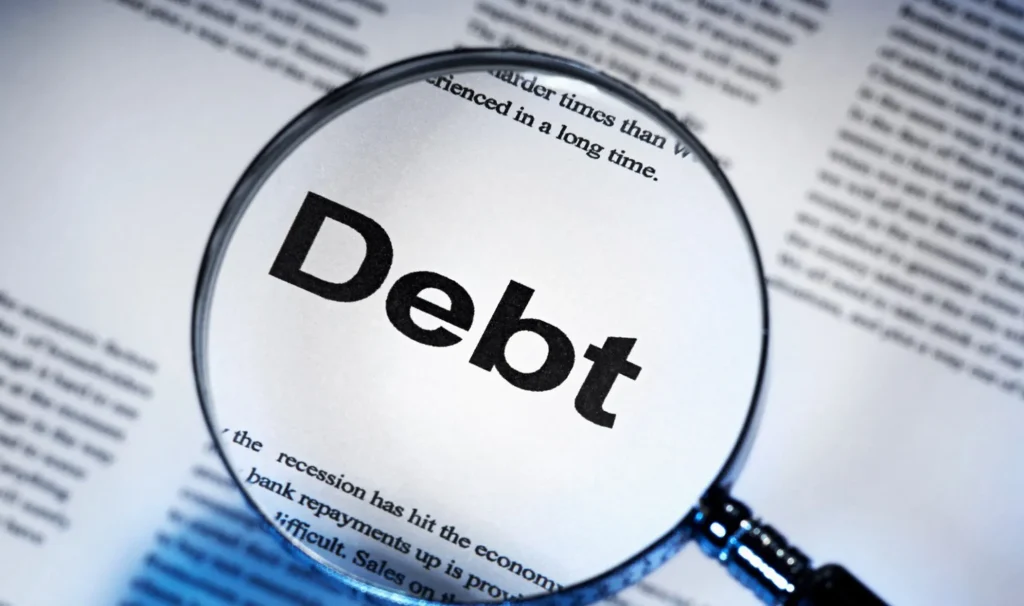In April 2022, the Debt Management Office (DMO) expressed strong support for the Lagos Chamber of Commerce and Industry (LCCI)’s recommendations to boost government revenue as a strategy to address Nigeria’s escalating debt burden. The DMO emphasized that increasing revenue is critical to reducing the country’s high Debt Service-to-Revenue Ratio, aligning with the LCCI’s concerns about the limitations of relying solely on the Debt-to-GDP ratio to assess Nigeria’s financial health.
Addressing the Debt Service Challenge
The DMO, in a statement released in April 2022, responded to a recent LCCI report that criticized the use of the Debt-to-GDP ratio as an unreliable measure for evaluating Nigeria’s debt burden. The LCCI argued that the government should focus on the Debt Service-to-Revenue Ratio, which highlights the significant portion of national revenue consumed by debt repayment. The DMO acknowledged this concern, noting that Nigeria’s high ratio is primarily due to a low revenue base, heavily reliant on crude oil sales.
With Nigeria’s Revenue-to-GDP ratio at 9.0 percent, the DMO pointed out that it lags behind peers like Kenya (16.6 percent), Ghana (12.5 percent), and Angola (20.9 percent). Despite these countries having higher Public Debt-to-GDP ratios—Kenya at 67.6 percent, Ghana at 78.9 percent, and Angola at 136.5 percent—they maintain lower Debt Service-to-Revenue ratios due to stronger revenue generation. Nigeria’s Debt-to-GDP ratio, at 22.8 percent, appears manageable, but the burden of servicing debt remains a critical issue due to limited income.
Revenue Constraints and Borrowing Needs
The DMO highlighted that Nigeria’s low revenue base necessitates borrowing to fund critical needs such as infrastructure development, job creation, and economic growth. In the short term, loans are essential to bridge the gap caused by insufficient revenue. However, the agency stressed that addressing this challenge requires a concerted effort to diversify and increase government income to reduce reliance on debt.
The Federal Government has already initiated measures to tackle this issue, including the Strategic Revenue Growth Initiative (SRGI) and the annual Finance Acts. These policies aim to broaden Nigeria’s revenue sources beyond oil, fostering a more sustainable fiscal framework. The DMO underscored the importance of these efforts in lowering the Debt Service-to-Revenue Ratio over time.
Call for Collaborative Action
The DMO echoed the LCCI’s call for public sector-driven revenue enhancement but also urged organizations like the LCCI to actively support these efforts. By collaborating with the government, private sector bodies can play a pivotal role in advocating for and implementing strategies to boost revenue collection. Such cooperation could help alleviate the pressure of debt servicing, freeing up resources for development priorities.
The LCCI’s emphasis on rethinking borrowing parameters resonates with the DMO’s acknowledgment of Nigeria’s fiscal challenges. Both entities agree that strengthening revenue generation is a critical step toward sustainable economic growth and reducing the strain of debt repayment.
Path to Fiscal Sustainability
The alignment between the DMO and LCCI signals a shared commitment to addressing Nigeria’s debt challenges through revenue-focused strategies. By diversifying income sources and improving revenue collection, Nigeria can reduce its dependence on borrowing and create fiscal space for investments in critical sectors. The DMO’s call for collective action underscores the need for a unified approach to tackle the nation’s economic woes, ensuring long-term stability and growth.






